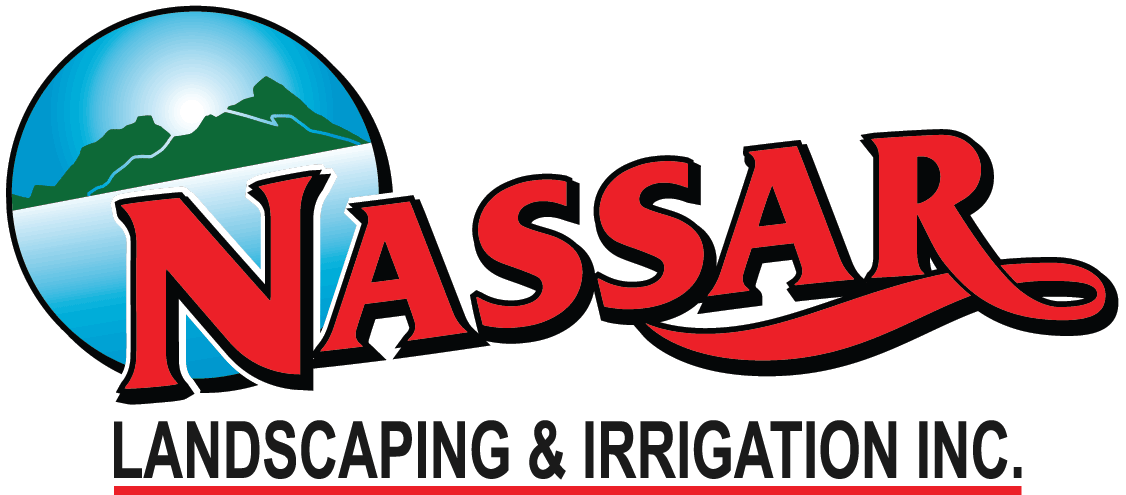
Here’s an informative article on re-use of potting soil by Lynn Coulter for Better Homes & Gardens.
Bagged mixes for containers aren’t “dirt cheap,” so here’s how to make the most of it.
When your flowers fade, and the temperatures drop, it’s time to empty your containers and put them away for the winter. It’s tempting to keep and reuse the old potting soil, which can be pricey, especially when you have a lot of potted plants like I do. But this lightweight mix of compost, peat, perlite, and other materials doesn’t last forever. Watering and rain leaches out the nutrients in it, and plants use them up as they grow. The mix can become compacted and filled with roots. And sometimes pests, diseases and weeds can take up residence, ready to pop back up when you replant in the mix. However, you can remedy each of these issues and get another use out of your potting soil if you don’t mind doing a little extra work.
How to Reuse Potting Soil
It’s generally fine to reuse potting soil if whatever you were growing in it was healthy. But even if your plants seemed problem-free, or if you did notice pests or diseases popping up, it’s best to sterilize the mix before reusing in it to avoid infecting next year’s plants. First, remove any roots, grubs, leaves and other debris from the old potting soil. Then, decide on the best method for banishing microbes and insects.
One technique for sterilizing soil is called solarizing. It involves putting old potting soil in lidded, five-gallon buckets ($5, The Home Depot) or black plastic bags that are tightly tied shut and leaving them in the sun for four to six weeks. The heat builds up inside the buckets or bags just enough to kill pathogens and bugs.
You can also sterilize old potting soil in your oven, by baking it in an oven-safe pan, covered with foil, at 180 to 200 degrees F for 30 minutes. (I tried this once, but didn’t like the earthy smell it created.) It’s also important to check the soil temperature with a candy or meat thermometer ($20, Williams Sonoma) to make sure it stays below 200 degrees. Higher temperatures can release toxins. When it’s done, take the soil out of the oven and keep it covered until it cools.
Microwaving is another option. Put old, moistened potting soil in quart-sized, microwavable containers. Cover them with microwavable lids (never use foil) that you can poke ventilation holes in or can leave cracked to allow steam to escape. Heat at full power for about 90 seconds per two pounds of soil. Remove the containers, cover the vent holes with tape, and let the soil cool completely before using it.
Once your old potting soil has been sterilized, you’ll need to replenish its nutrients. You can do this by combining equal parts of new potting soil with the old and adding a dose of slow-release fertilizer pellets according to package directions. Or, you can mix in one-part compost to three or four parts of your old potting soil. Besides adding nutrients that plants need, both the fresh potting soil and compost will help keep the mix from compacting.
How to Store Reused Potting Soil and Containers
If you’re storing your refreshed potting soil until it’s time to plant again, keep it in covered buckets or large, clean trash cans ($20, Walmart) or tubs with lids. As for your emptied containers, keep them in a protected spot over the winter, especially if your area experiences frigid temperatures that can damage pots. And before reusing those containers, make sure they’re clean, too.
Mix some warm water with a little mild dish detergent and a cup of vinegar in a large bucket or another container. Scrub the inside and outside of terra cotta pots with a stiff brush. Use a soft brush or nylon scrubber ($2, Amazon) to clean pots made of other materials that might show scratches. If the pots have a white build-up of salts, scrape them off with an old, dull knife or putty knife.
Next, fill a large tub or sink with one part household bleach to nine parts water. Soak the pots for 10 minutes to kill any last bacteria or fungi. Soak terra cots pots in clean water for 10 more minutes to remove the bleach. Rinse plastic pots with clean water. Let all the pots air-dry before filling them with your refreshed potting mix.
Can Old Potting Soil be Reused in the Yard and Garden?
If you’re not up for sterilizing and refreshing old potting soil, you still can put it to use instead of throwing it out. It can be dumped directly out of your containers and into established beds and borders. I like to use mine in my raised beds or wherever I need to fill in holes or eroded areas in my yard. It can also be mixed into compost piles. The old potting soil you reuse can help you save money for what all gardeners want: more plants.

